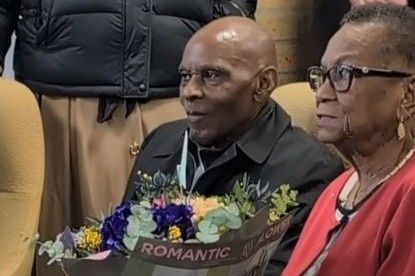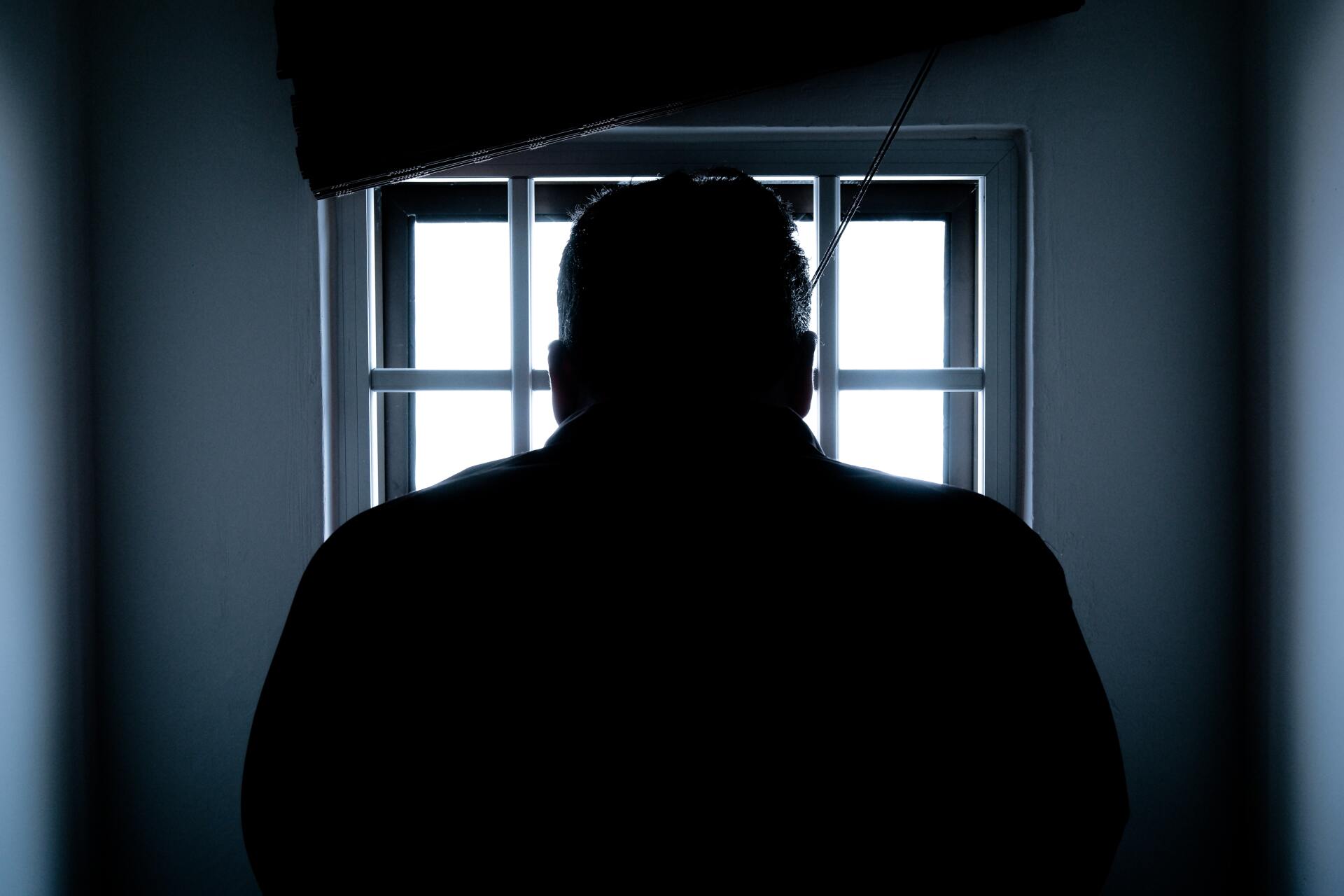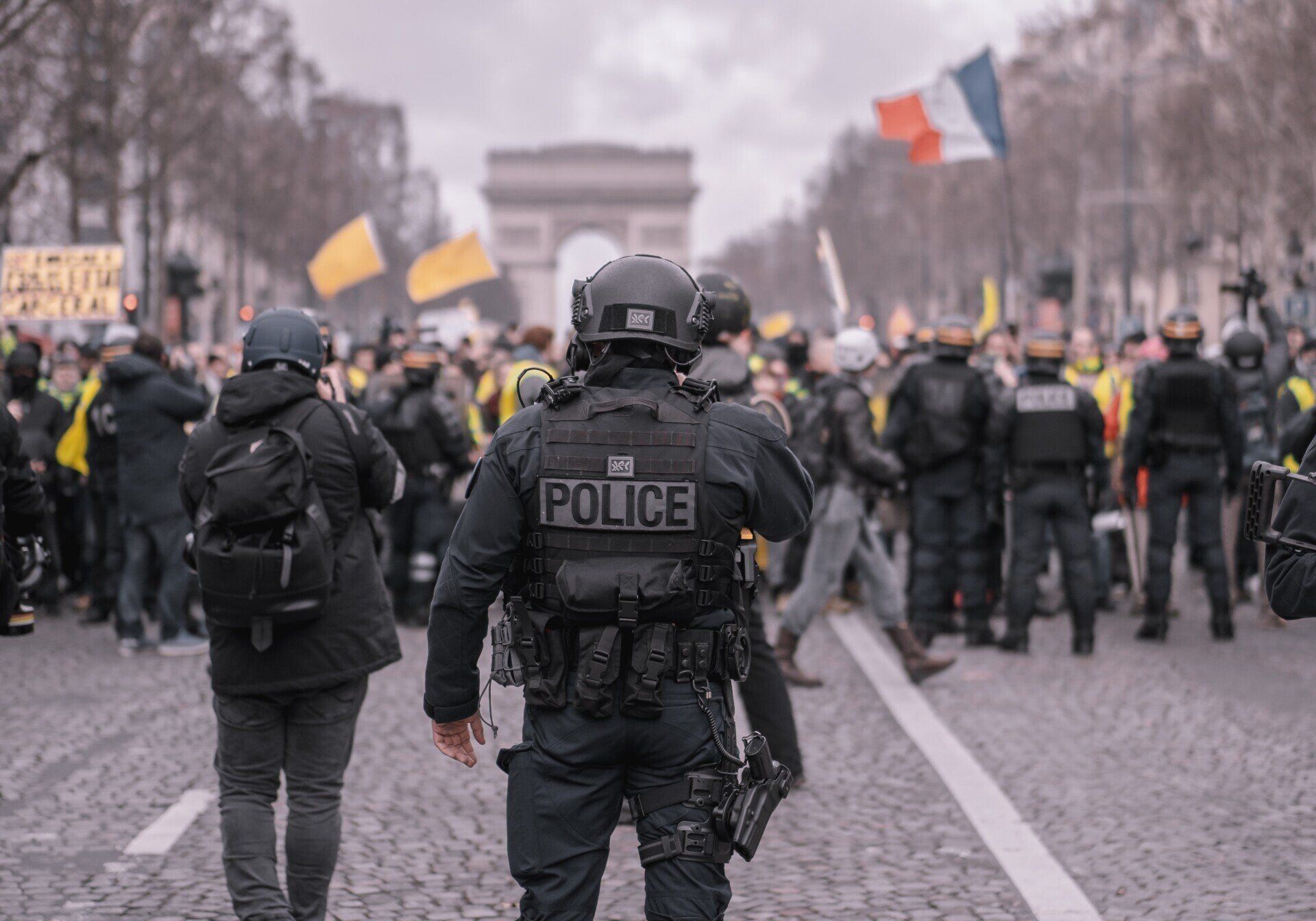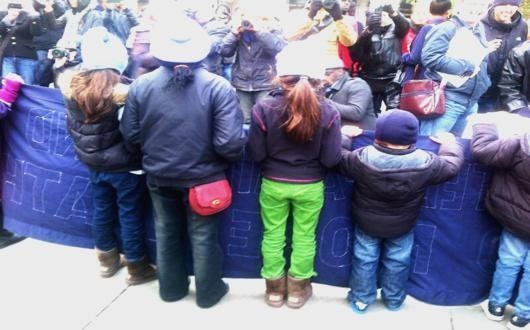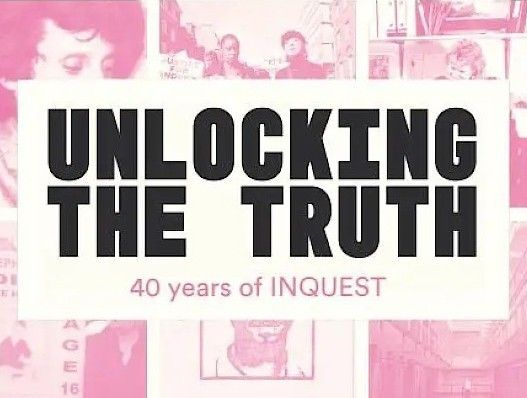‘How do I heal?’: the long wait for justice after a black man dies in police custody
all credits: The Guardian
published: 18 June 2024
Image Credit: Idea go at www.FreeDigitalPhotos.net
In the early hours of Sunday 3 July 2022, two men, 300 miles apart, died after contact with police. One man was in Cornwall, and the other in Nottingham. Both men were unarmed, and had not harmed anyone. Both men were terrified; both had struggled with drug addiction; both were in the midst of a psychotic episode. Both were black. Both had called the police to help them.
Godrick Osei was 35 and a father of two. At around 2am, he placed two calls to his sister from his partner’s flat in Truro. He was in a paranoid state, and claimed men with guns were in the flat. Then he jumped out of the window, taking his partner’s phone. He rang the police himself, and said he was being chased by armed attackers.
Officers from Devon and Cornwall police found him at 2.30am: he had entered a care home and was hiding in a staff bathroom. His family, who have viewed the police bodycam footage, said that officers forced their way into the cubicle where he had hidden because he was so terrified, and a number of them restrained him. He died less than an hour later.
That same morning, in Nottingham, police arrived at the home of Kaine Fletcher to detain him under the mental health act. Fletcher, a 26-year-old father of two, was restrained by officers and later taken to hospital. Within a few hours, he was dead.
These deaths are part of a larger pattern: official data shows that black people die at twice the rate of white people in similar encounters with police. The role of racism in these cases is fiercely contested by the government and the police, but there is an explanation for the disproportionality.
The common thread in almost all such cases is an exaggerated perception of the physical threat posed by the victims, even when they have called the police themselves, as Osei and Fletcher both had. Instead of being treated as the victims of a medical emergency, they were met with force – treated “like a criminal”, in the words of Kaine Fletcher’s father.


